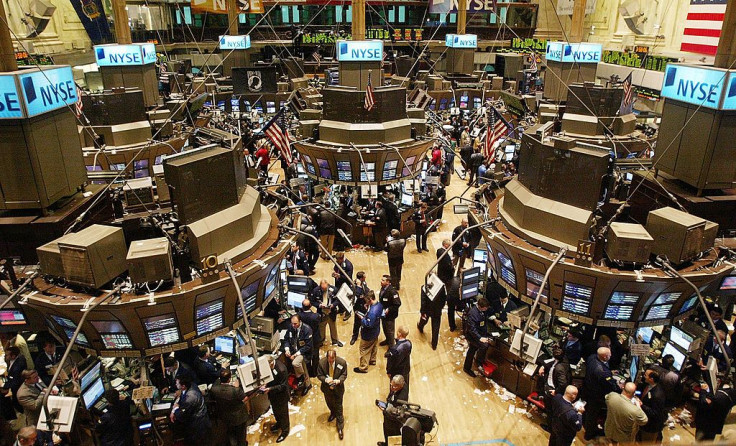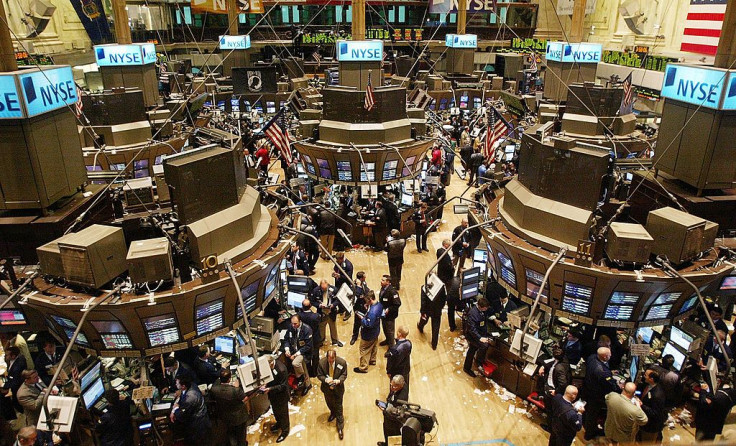Apple Stock Jumps 3.47%, Facebook 1.46% To Push Dow Up 200 Points

Riding a technology rally, Wall Street broke free of a five-day losing streak to close higher Monday despite the heavy battering taken by The Boeing Company after the second deadly crash in five months of its new and best-selling 737 Max 8 passenger jet aircraft.
The crash of Ethiopian Airlines Flight ET302 on Sunday shortly after take-off claimed the lives of 157 passengers and crew, and is fueling speculation of a design flaw in the 737 Max 8. More than 350 of these aircraft are flying with various airlines with more than 5,000 on order.
The blue-chip Dow Jones Industrial Average rose 200.64 points, or 0.8%, to 25,650.88 Monday. The Dow had fallen more than 200 points earlier in the session. The S&P 500 improved by 40.23 points, or 1.5%, to 2,783.30. Its information technology sector was up 2.2%. The NASDAQ Composite Index increased 149.92 points, or 2%, to 7,558.06. This was its best day on a percentage basis since Jan. 30.
On the other hand, shares of Boeing sank to their worst day in nearly five months, plummeting 5.3% after the Ethiopian Airlines crash. The Dow’s most heavily weighted company stock was down more than 13% at its lowest, eliminating 152.77 points from the Dow on the day.
Shares of Apple Inc. rose 3.47% after an analyst at Bank of America, Merrill Lynch, upgraded the stock to buy from neutral. Bank of America noted Apple’s recent retreat presents “opportunity.” The bank also raised its 12-month price target to $210 from $180 per share.
Facebook gained 1.46 percent after Nomura Instinet upgraded it to buy from neutral. Consumers are transitioning to Facebook’s Stories format and its increased focus on messaging.
Tech shares also got a lift after Nvidia announced its acquisition of Mellanox Technologies for $6.8 billion. Nvidia rose more than 6.97 percent while Mellanox jumped 7.78 percent.
Monday’s welcome recovery comes after the major indices posted their worst weekly performances of 2019 amid concerns of a worsening global economic slowdown.

Federal Reserve chairman Jerome Powell, however, downplayed concerns over the faltering U.S. economy. He thinks the U.S. economy is still strong, but acknowledged that weakness around the world will start to hit the U.S.
“I would say there’s no reason why this economy cannot continue to expand,” he said.
Some analysts say investors should expect central banks across the world remain flexible and accommodative, which will be good for stocks.
© Copyright IBTimes 2024. All rights reserved.





















